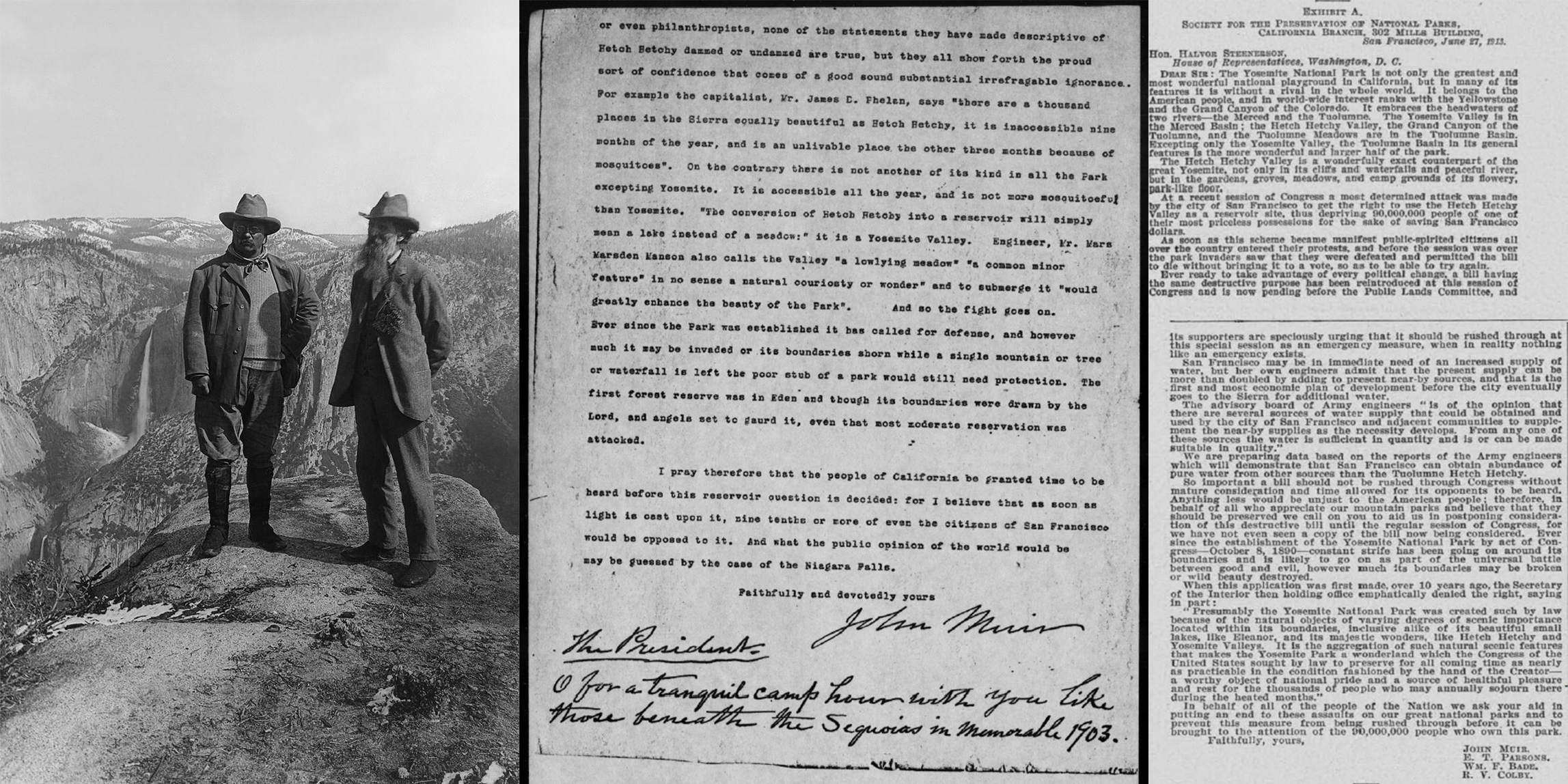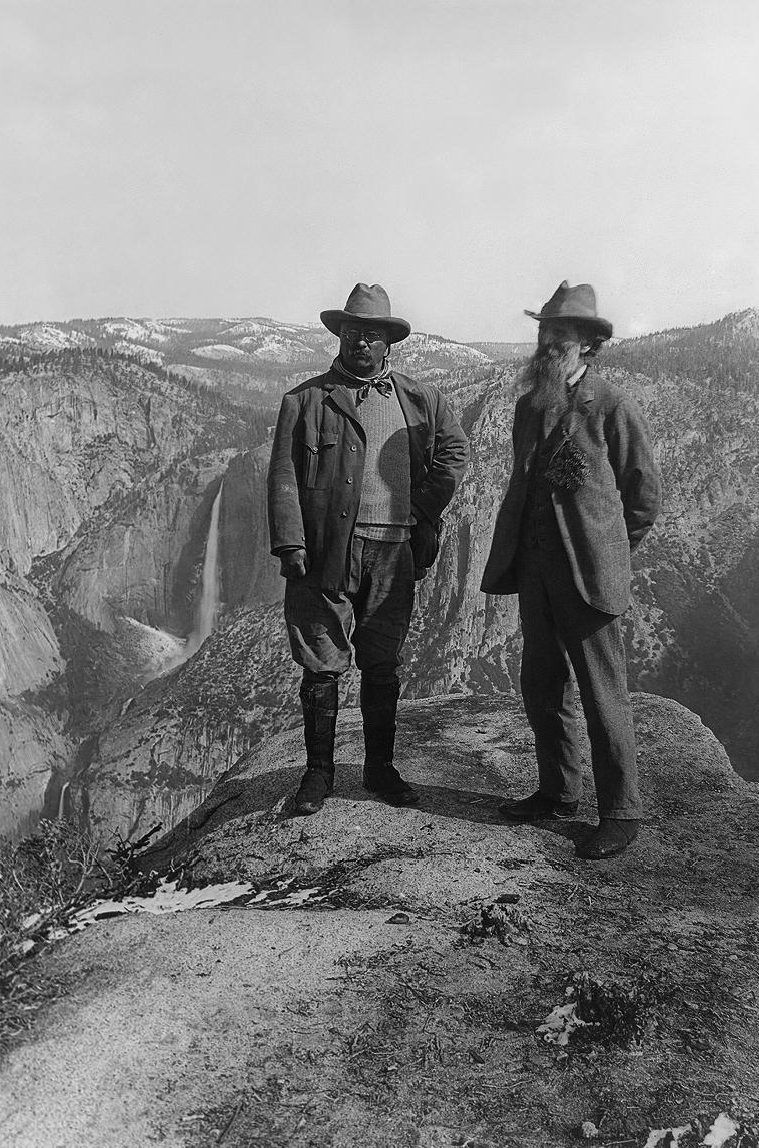Environmental racism: Honors thesis exposes uncomfortable truths in the history of conservation advocacy
It’s a difficult history, but one that all environmental activists should be aware of.
A recent Honors Program thesis by SUNY New Paltz alumna Lizzie Papa ’23 (International Relations) provides a close examination of the racist origins of the U.S. environmental movement in the early 1900s, using the tools of discourse analysis to draw connections across more than a century of activism.
The study, “Race and Environment: Rhetoric of the Early Environmental Movement,” evaluates racially charged writing and speeches given by two key figures in the history of conservation advocacy: Sierra Club founder John Muir and President Theodore Roosevelt.
“What I found is the environmental movement was more focused on white individuals’ interest in preserving nature,” she said. “It didn’t take into account the environmental concerns of marginalized groups, especially Native Americans.”
Papa documents numerous examples of both Muir and Roosevelt implying that conservation advocacy was exclusively the domain of European-born white Americans, which she argues set a tone for a movement that is still struggling to fully address its own legacy of racial bias.
“The environmental justice movement has a long way to go in embracing the voices of Indigenous Americans,” she said. “I want for this project to amplify these voices, so they have more opportunities to be in leadership roles and to be in the room when critical decisions are being made.”

Amplifying marginalized voices, and finding her own
In order to compile this study, Papa spent hours working with a variety of research databases and archives. Many of these had first come to her attention during an on-campus internship with the Benjamin Center, New Paltz’s on-campus a leading public policy research group based at SUNY New Paltz.
“My internship gave me the transferrable skill of learning how to search for past U.S. laws within the Congressional Record that I could take with me to this project,” she said. “But environmental racism is deeply embedded within the historical record and archives, which is part of the thread I traced throughout my paper and presentation.”
She supplemented her work with these sources – many of which she found to express a primarily Eurocentric and white-dominated point of view – with primary sources collected from a publication circulated by the early-1900s Native American advocacy group Society of American Indians.
“She conducted the type of research typically done on the graduate level,” said Honors Program Director Patricia Sullivan. “By going through the archives available to her, she realized that the history, perspectives, and arguments of Indigenous actors were limited, and she sought to amplify those for her project.”
Working on this thesis in the year before her graduation inspired Papa to outline an ambitious career path for herself, rooted in her passion for public policy and research.
“Conducting this discourse analysis made me even more excited to pursue law and policy as a career, and doing a joint law and master’s degree would allow me to explore these passions simultaneously,” she said.

